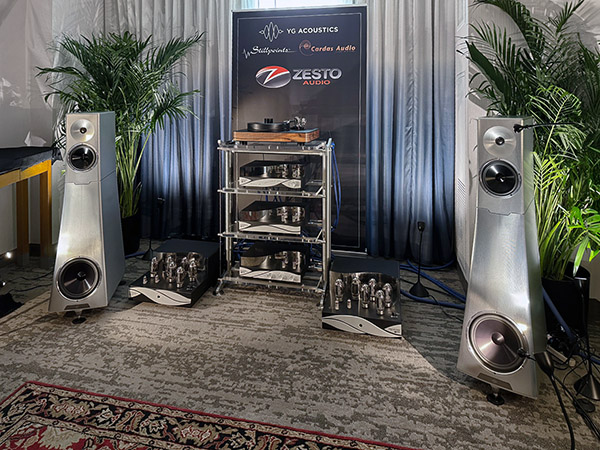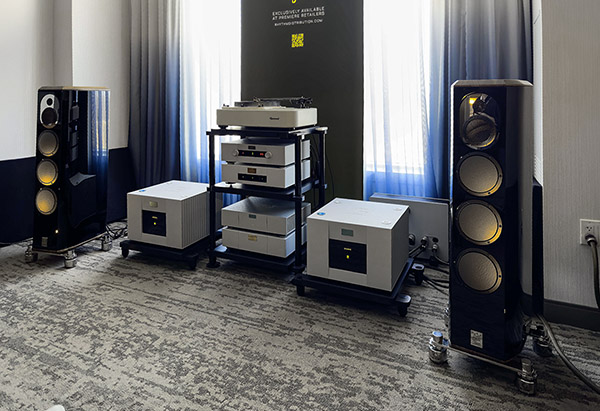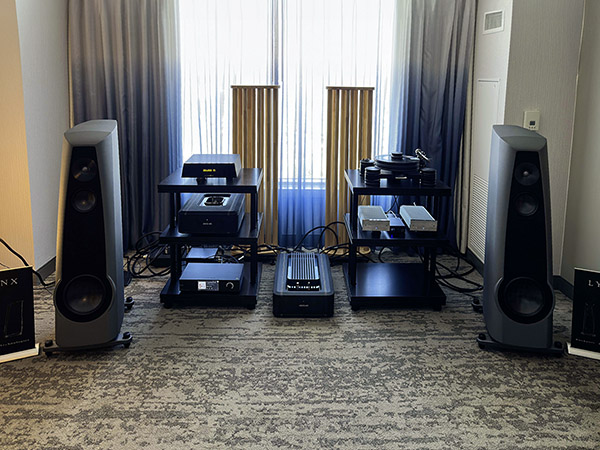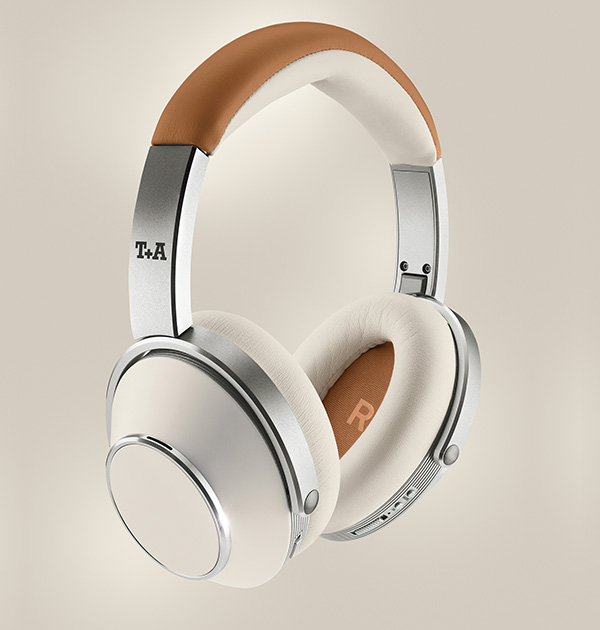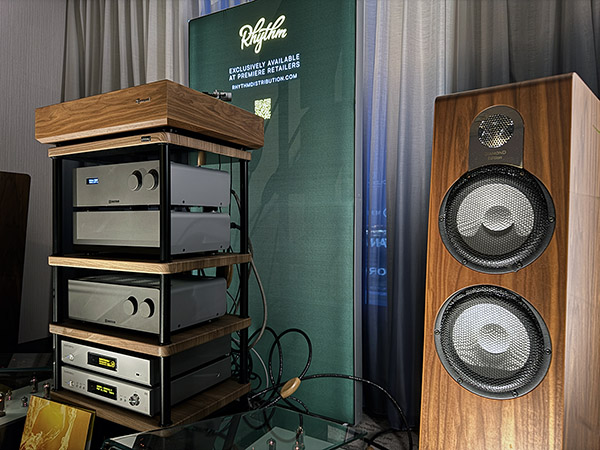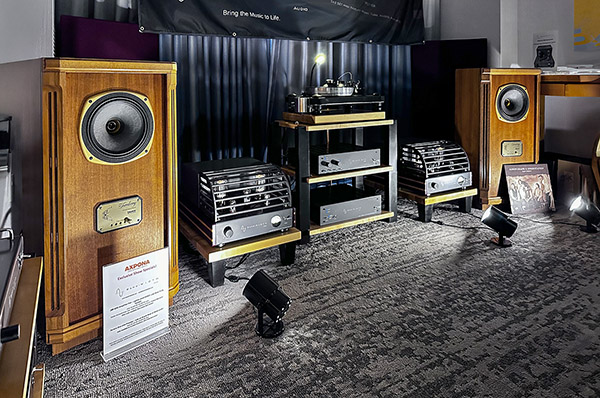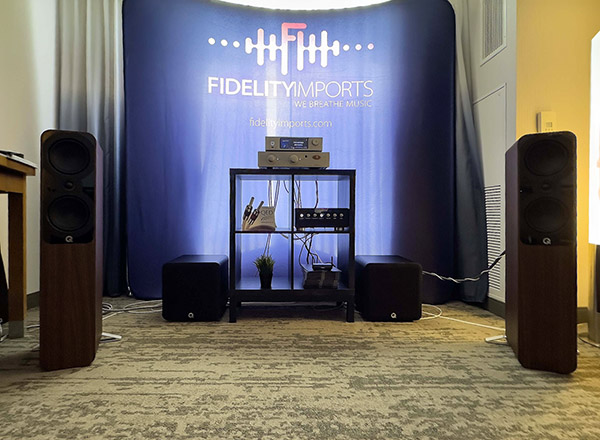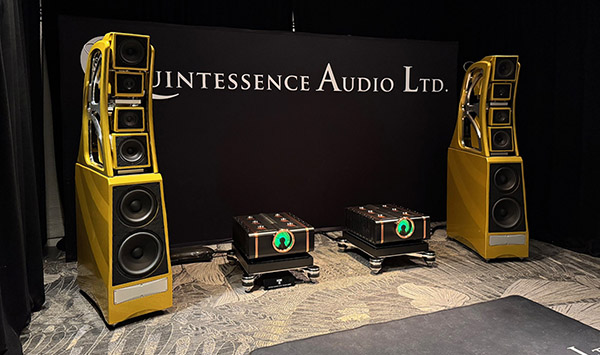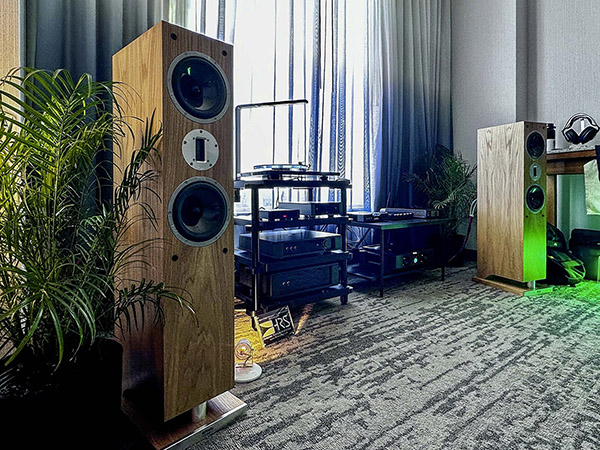
Sound Organisation Unites Rega, ProAc, and Chord in a British System Showdown
Sound Organisation Unites Rega, ProAc, and Chord in a British System Showdown

- Read more about Sound Organisation Unites Rega, ProAc, and Chord in a British System Showdown
- Log in or register to post comments

